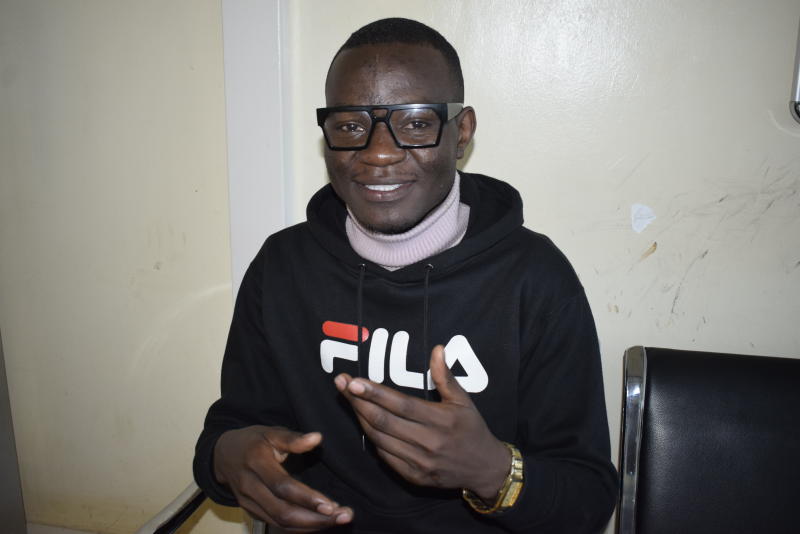×
The Standard e-Paper
Kenya’s Boldest Voice

A Kenyan student studying in China is immensely grateful to his professor for forcing him to fly to Kenya earlier than he had planned.
Victor Onjolo, 26, who is enrolled at the Chinese Academy of Science in Wuhan, arrived in Kenya 24 hours before a ban was imposed on local travel in the city on January 24.